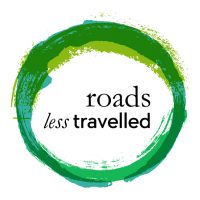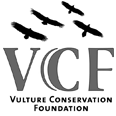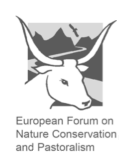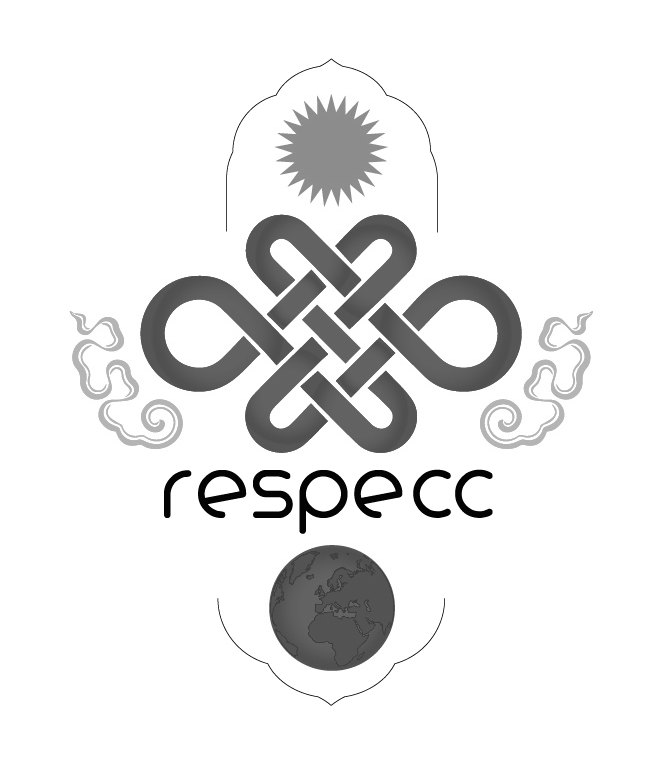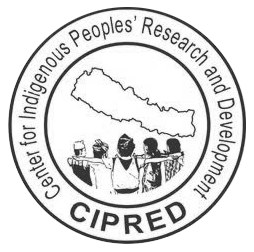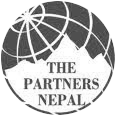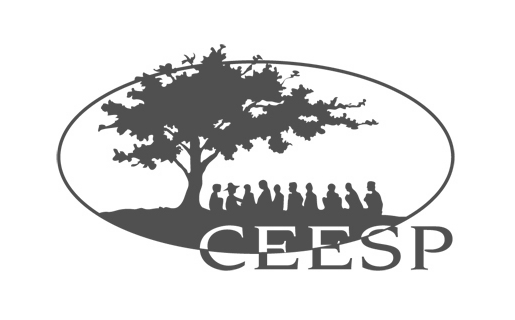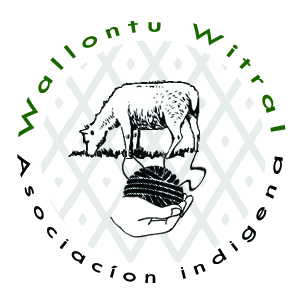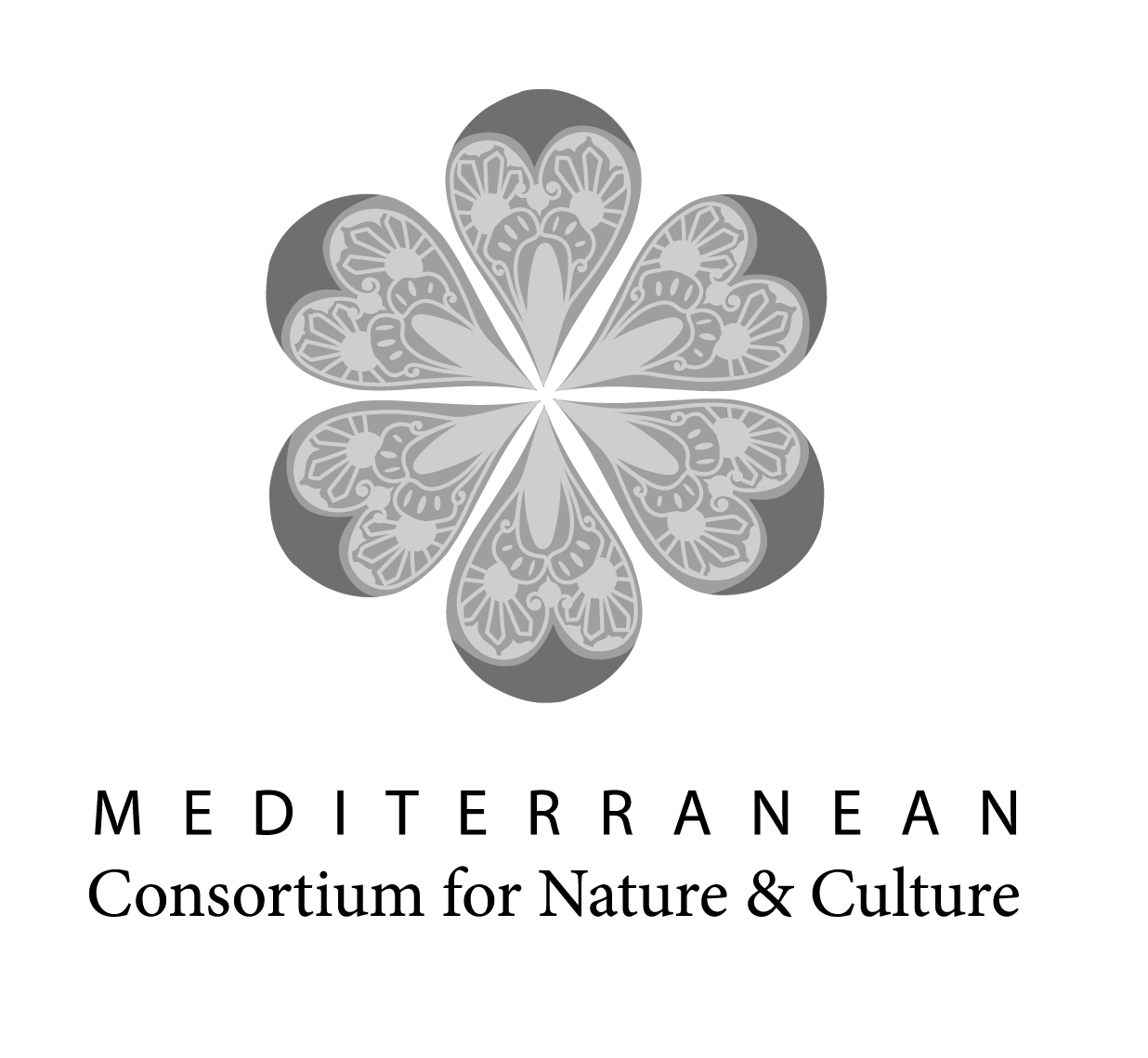Roads Less Travelled Activities
Our projects are synergies between leading experts, researchers, scientists, academics, conservationists, protected area managers, lobbyists, writers, artists and crafters. Together we work to support the rights of mobile pastoralists across the world.
We’re currently working on:
Studying the Links Between Mobile Pastoralism and Vultures


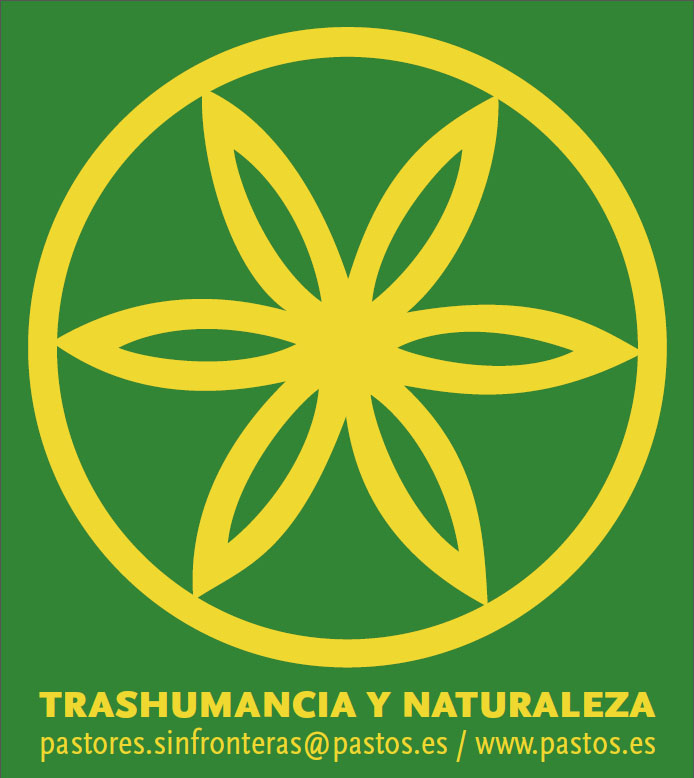
Lead jointly by Yolda Initiative, Asociacion Trashumancia y Naturaleza and Miguel Hernandez University this research project looks at the links between mobile pastoralism and vultures.
The interaction between Spanish transhumant shepherds and vultures is an example of the symbiotic relationship mobile pastoralists have with nature since time imemorable.
Spain is home to more than 90% of European Vultures, and one of the reasons why is the presence of extensive livestock management systems including transhumance.
In order to gain a scientific understanding of the beneficial role transhumance has on vulture species, Roads Less Travelled – in collaboration with Miguel Hernández University – are researching the spatial analyses of foraging and movement patterns of aproximately 60 Griffon vulture individuals tagged with GPS trackers in various regions of Spain where transhumance occurs.
Researching the Traditional Ecological Knowledge of Mobile Pastoralists



This is a research and documentation project aimed at capturing the traditional and local ecological knowledge of transhumant pastoralists in use.
Mobile pastoralists have a rich body of knowledge related to the landscapes they live in, ecological processes, plant species and rangeland vegetation dynamics, and other wildlife populations and the changes affect them. This knowledge is an important source of information that complements conservation research & planning, moving towards a more holistic understanding of rangeland ecosystems.
Despite there existing numerous records regarding historical transhumance practices and communities’ TEK, several knowledge gaps remain including documentation of present-day transhumant pastoralists’ traditional knowledge, and detailed ethnographic accounts of the current reality of the practice told through the voices of transhumant herders.
In order to address these gaps we are conducting a scientific study in collaboration with Center for Collaborative Conservation. Led by María Fernández-Giménez, the research is based on participant observation of transhumant movements alongside in-depth interviews with current and former transhumant herders.
Learn more about Researching Traditional Ecological Knowledge
Advocating Policy Changes in Favour of Mobile Pastoralists


Mobile pastoralists are often a subject of adverse policies, in many cases justified with ill-informed arguments. This last century in particular has seen them suffer historic injustices including restrictions to their mobility and access to their traditional lands and natural resources. The modern day threats are such that they are no longer capable of maintaining their conditions leading to the abandonment of this livelihood and calling for an urgent action. The need to conserve the practice and rangelands is among the most pressing needs at global level, and has not been paid enough attention by the global community.
The above is one of the leading reasons for why the knowledge we have regarding the numerous benefits pastoralism provides to both humankind and nature, its current situation at global level, the drivers of threats to the practice, and the gaps and needs conservation efforts should be addressing, is still lacking and fragmented. Its also not easy for many (including those who need it most) to access existing information. The lack of efficient means of transferring existing knowledge in turn leads to limited use for actions on the ground.
Influencing organisations’ and governments’ priorities and activities towards securing the rights of mobile pastoralists at national, regional and global levels is a vital pillar in our Roads Less Travelled program.
The main focus of our policy activities at global level focuses on achieving the International Year of Rangelands and Pastoralists (IYRP) designation by the United Nations. As a member of the International Support Group (ISG) for IYRP, we work jointly with many organisations towards this opportunity to raise the profile and support for rangelands and pastoral issues globally and nationally, and improve understanding of the challenges and opportunities they face – directly increasing the attention and resources they receive.
Guidelines for Mobile Pastoralists and Protected Areas


There is a clear disconnect between pastoralist communities and the nature conservation community. Instead of working together, more often than not there has been conflict. This has been particularly pertinent with protected areas. As we understand the benefits of mobile pastoralism better, and as protected area paradigms are changing to take more inclusive stances, the time is ripe to assist both communities in finding common ground.
Abstract:
For thousands of years, mobile pastoralist communities have been moving through the rangelands with their herds in search of forage and water, making the most of scarce resources. This traditional form of livestock husbandry has persisted over the centuries because of its harmonious interaction with nature. Yet ironically the advent of protected areas has become a real threat to the lives and livelihoods of mobile pastoralists in many parts of the world. In this paper, the authors consider the many benefits of mobile pastoralism, in particular those related to movement.
Pastoral migration routes move through and around protected areas, forging ecological corridors between different habitats, avoiding isolation and fragmentation. As a case in point, the authors look at the network of Spanish drove roads, with new data on the overlap between these routes and protected areas and other areas of high biodiversity.
This paper raises some serious questions for reflection by the protected area community vis-à-vis the practice of mobile pastoralism. From basic human rights issues to acknowledging the services pastoralists provide, readers are invited to reflect on an issue that is not clear-cut and requires much more dialogue, as well as concerted action to mitigate conflict and promote collaboration.
One Square Meter



The One Square Meter project is a celebration of pastoralist communities around the world and highlights the fact that mobile pastoralism can help both maintain and enhance biodiversity.
The aim of this project is to build capacity through exchanges and friendships between women woolworkers of different pastoral communities around the world, in order to collectively communicate the value of mobile pastoralism for biodiversity, climate, rural economies and society.
